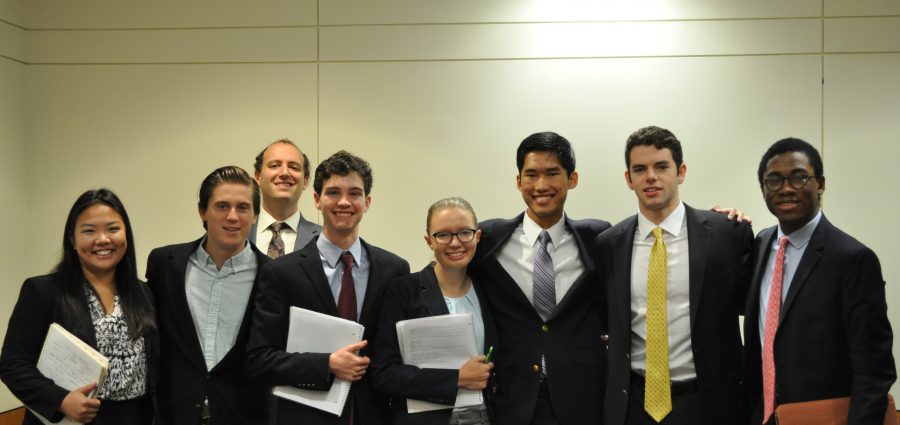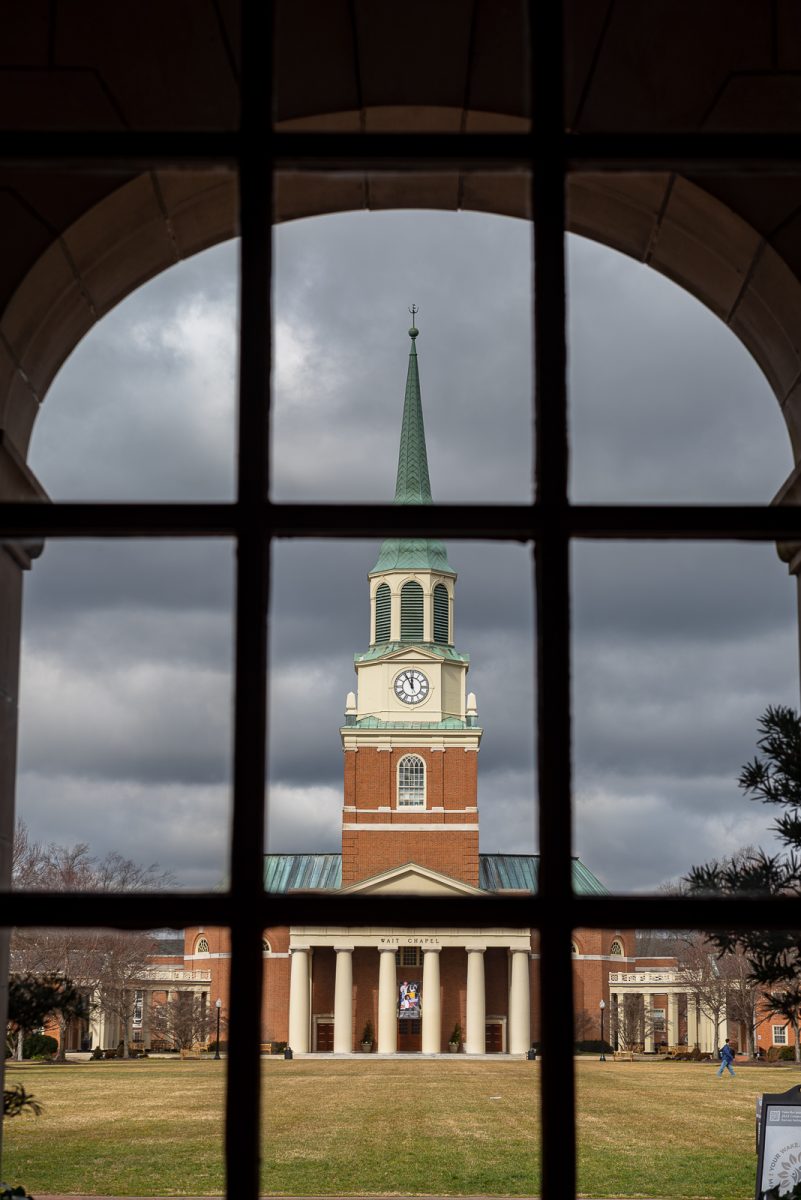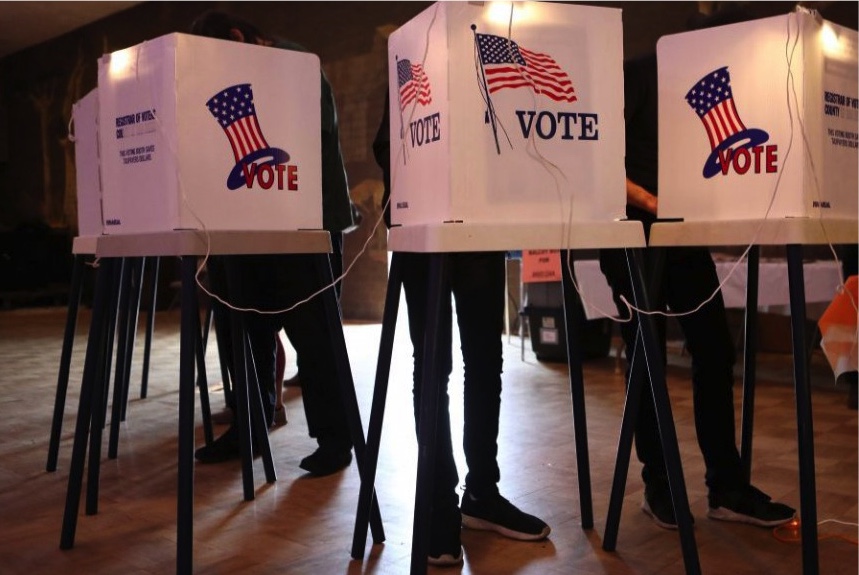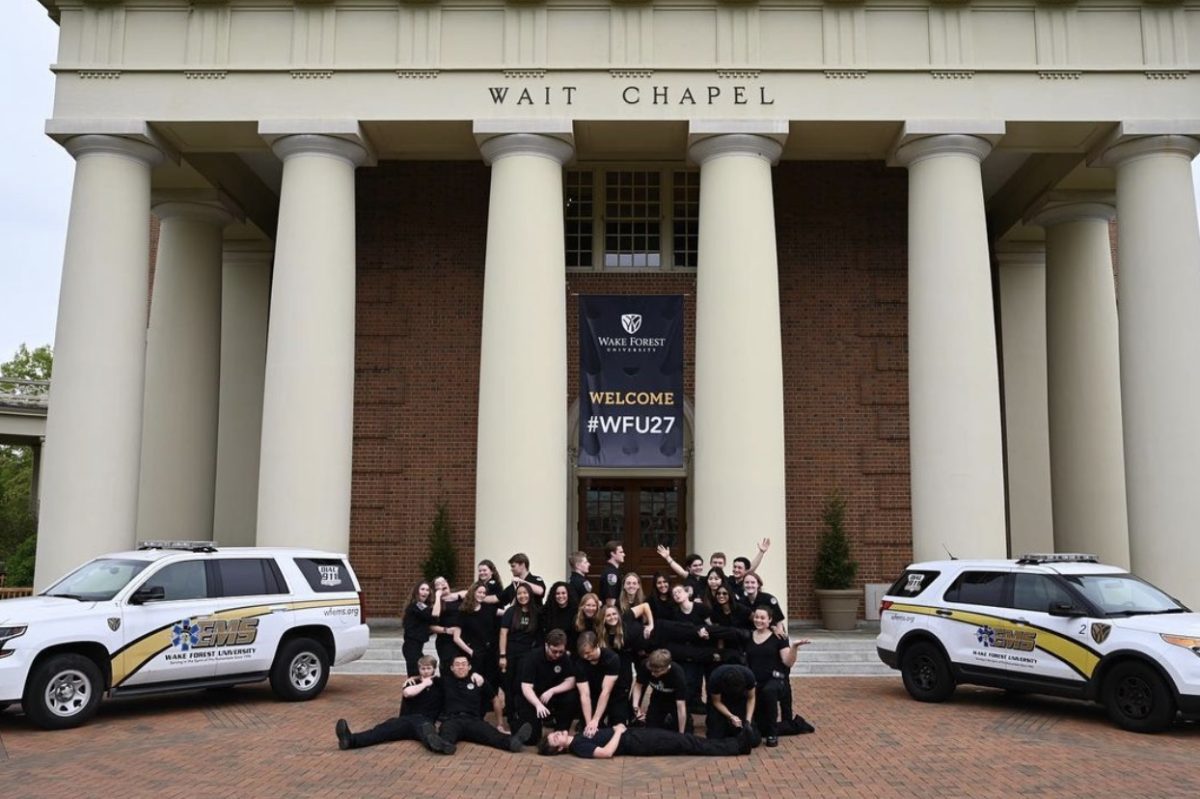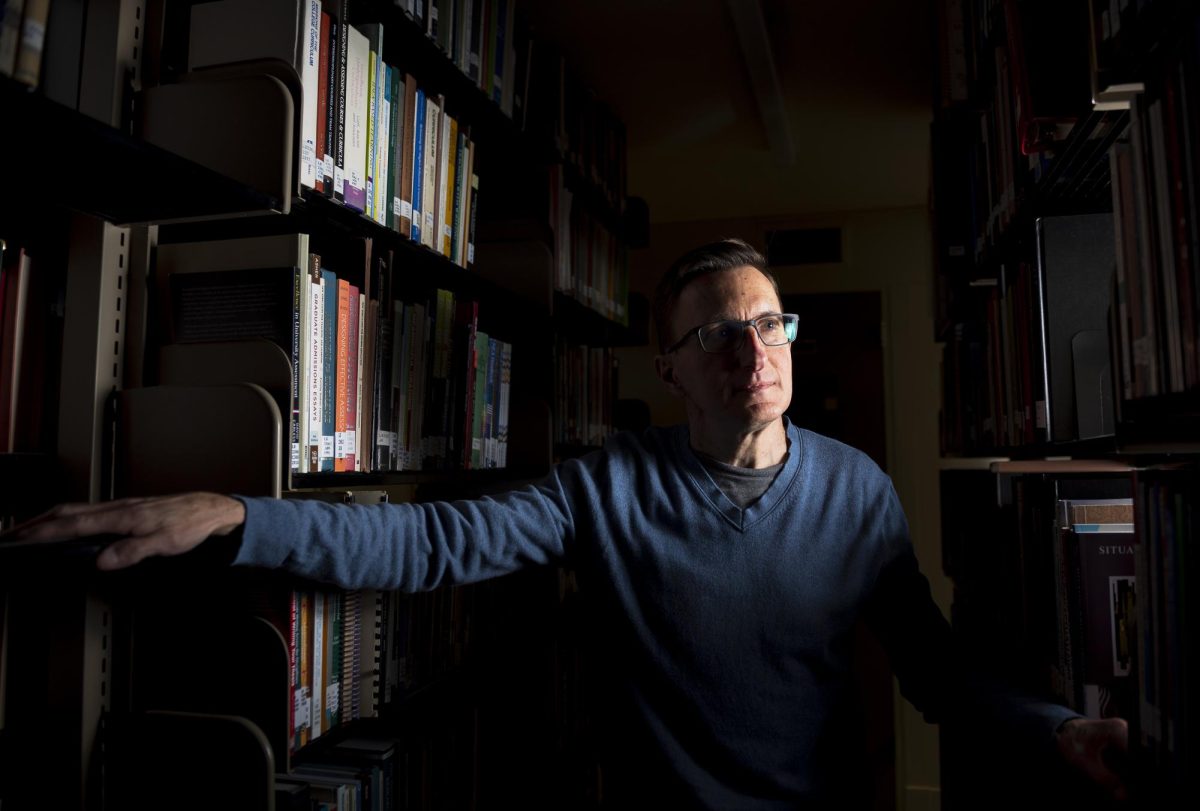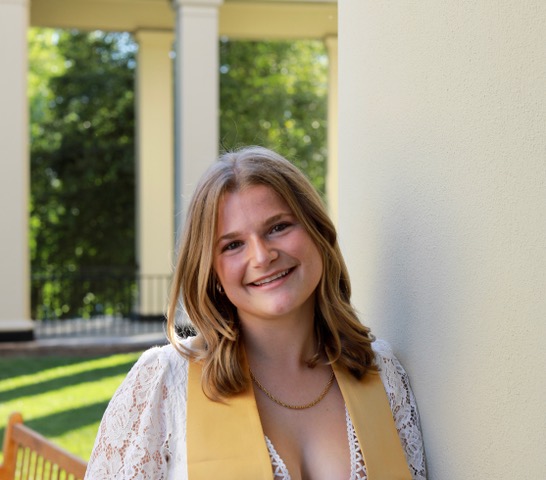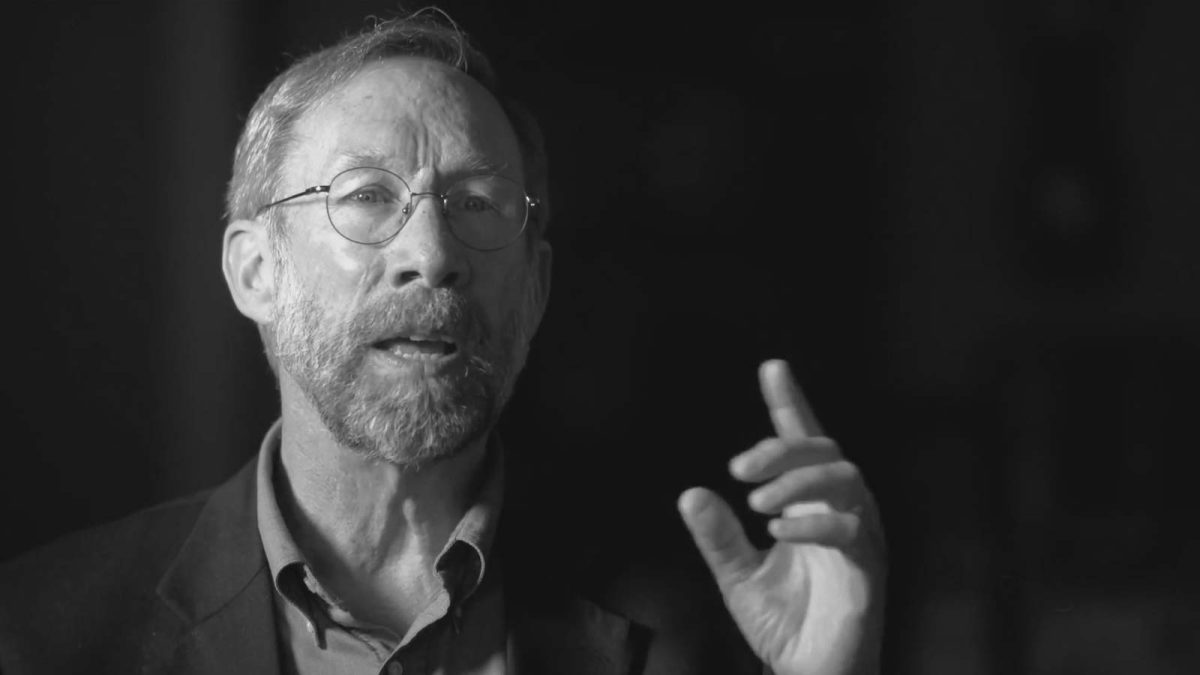On Saturday, Oct. 20, the Wake Forest College Fed Challenge Team hosted and competed in the Richmond Fed Challenge in Kirby Hall.
This is an academic competition in which teams consisting of five to six members model the Federal Open Market Committee’s deliberations while presenting a recommendation for the U.S. Federal Reserve’s monetary policy and engaging in a question-and-answer session with the judges. This tests the team’s comprehension of the current state of the U.S. economy and the Federal Reserve’s dual mandate of maximum sustainable employment and price stability, as well as the students’ ability to articulate an economically reasonable recommendation for monetary policy.
The Wake Forest College Fed Challenge Team is coached by economics professors Dr. Sandeep Mazumder and Dr. Andrew Graczyk and consists of senior Paul Douglas, senior Avery McClure, junior Amanda Wilcox, junior James Lee, junior Brandon Schmetterer, junior Caroline Dai and sophomore Andrew Logan.
The team began practicing during the last academic year, meeting every Monday at 4 p.m. in the Kirby Economics Conference Room during the school year and meeting online through Skype during the summer for a 10-month period lasting from January to October. Starting from ground zero with a “monetary policy boot camp” and later building towards a discussion and analysis of overarching economic trends and data, the College Fed Challenge Team prepared extensively for the competition and grasped a more profound understanding of monetary policy and macroeconomic theory.
These weekly meetings prepared the team for the formulation and delivery of a 20-minute presentation assessing the current state of the U.S. economy and recommending a specific monetary policy action. The discussions during these meetings also honed members’ public speaking and analytical thinking skills, which were applicable in the question-and-answer session with the judges following the team’s presentation.
Logan commented on the importance of these meetings and the formulation of the presentation.
“Every second of those twenty minutes must be refined and accurate, and that takes not only a great degree of practice, but also a willingness to admit when your analysis might be off the mark and [to] take constructive feedback from teammates,” he said. “We all work hard to hold one another accountable to our arguments and presentation style.”
Furthermore, current developments in the U.S. economy impacted the team’s evaluation of the economy and recommendation in real time, increasing each member’s awareness and understanding of modern economic issues. For instance, the team evaluated the possible impacts of tariffs in the agricultural and industrial sectors on the labor market. Wilcox said, “The dilemmas that we faced while formulating our monetary policy recommendation, such as fluctuations in patterns of global trade, for example, were the same ones that real Federal Reserve policymakers are weighing right now as they decide exactly how they should approach tightening monetary policy.”
During the regional competition on Saturday, the team was finally able to showcase their months of hard work and dedicated practice. For the presentation, the team decided to make a split-vote recommendation to illustrate an accurate model of the Federal Open Market Committee, whose members sometimes disagree upon the best possible course of monetary policy action. Thus, three members of the team voted to raise the federal funds rate (the interest rate targeted by the Federal Reserve) by 25 basis points and two members voted for the maintenance of the federal funds rate within its current target range. After the presentation, they collaborated to effectively articulate answers to the judges’ questions regarding the team’s presentation and comprehension of monetary policy.
Although the team from UNC-Chapel Hill was ultimately chosen to advance to the next level of competition at the Federal Reserve Bank of Richmond, the Wake Forest team said that they were pleased with their strong performance.
“I believe we did exceptionally well and will come back strong next year,” Lee said.
Meanwhile, team members said that the skills they gained through their participation in College Fed Challenge will prove invaluable in later years.
When asked about her favorite part of the team, Dai said, “The mentorship is really valuable. Having consistently met with the head of the Department of Economics every week for the last year, I gained a well-rounded understanding of our macroeconomic condition and was also supported by the professors and team members.”
Applications for next year’s team are currently available. Contact economics professor Dr. Andrew Gracyzk at [email protected] for more information. The team looks forward to welcoming new members and improving for next year’s competition.


